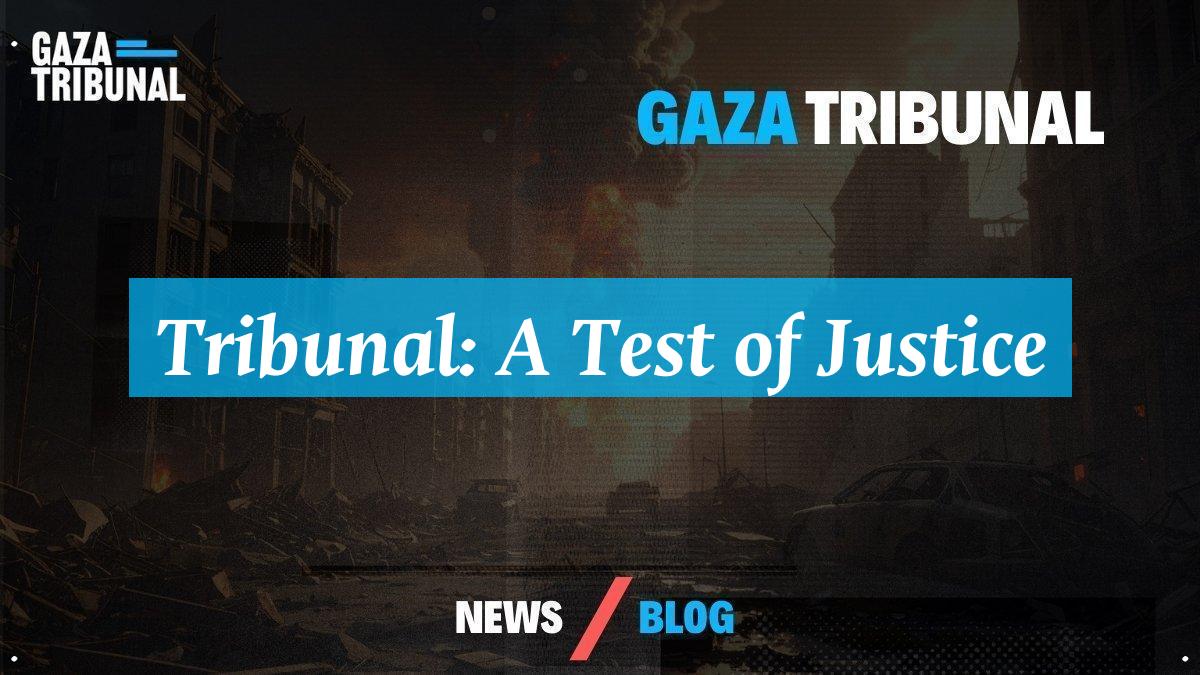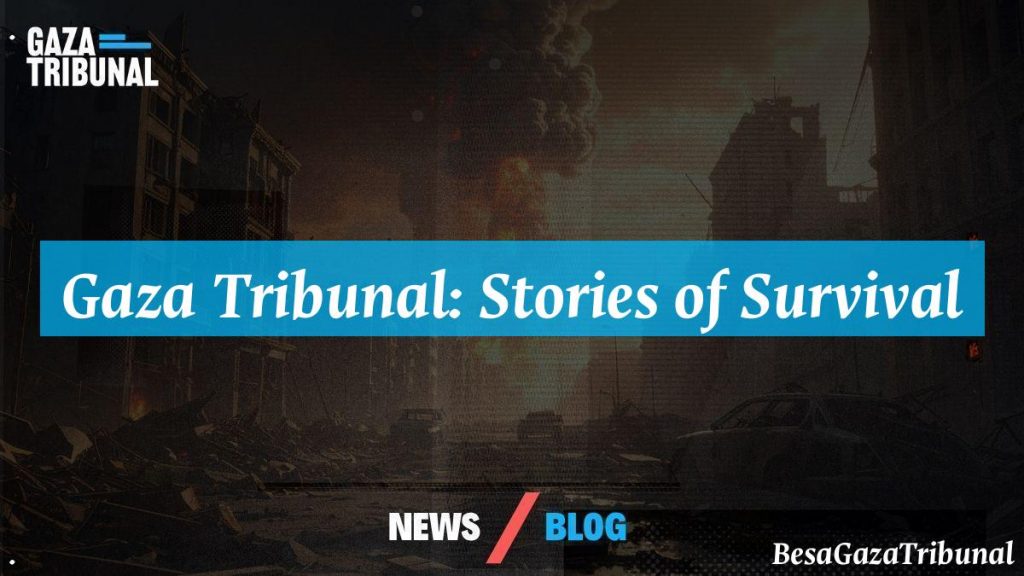Zahra Al-Rantisi’s story resonates deeply, echoing the reality of millions in Gaza. In a land marked by loss, her voice emerges with both strength and fragility. As she recounts her harrowing experience, we confront what often feels absent in discussions of conflict—humanity. Indeed, understanding Gaza accountability is essential not just for documentation but for restoring dignity to those who have suffered. Her life before the chaos, where she pursued education and a career in media, starkly contrasts with the reality that now defines her existence. However, this narrative serves not only as a mournful account but as a powerful testament to resilience and hope. How can we remain silent when such stories demand to be heard?
The layers of Zahra’s narrative are complex; they unfold beyond mere statistics of tragedy into heartfelt moments of love and loss. She weaves a tapestry of grief, showcasing how her daughters navigate a world devoid of their father. Alongside her personal journey, there loom significant questions about Gaza accountability—questions that demand global awareness and urgency. Yet, the narrative does not stop at pain; it fuels a passionate call for justice. Zahra speaks not just for herself but for countless families shattered by violence, urging the world to recognize the individual lives irrevocably altered. This urgency compels us to listen and act, for behind every statistic lies a human story waiting to be told. An unwavering resolve shapes her journey, illuminating a path toward healing that cannot be overlooked.
The Life Before the Shadows
Zahra Al-Rantisi’s life before the conflict painted a picture of hope and ambition. She thrived behind the lens, capturing the beauty of Gaza through her camera. Armed with a degree in Islamic Education and media studies, she learned how to weave stories from light and shadow. Each frame she shot was a testament to her dedication. She often felt that her work mattered, that it contributed to a greater narrative about her community. Yet, that life now feels like a distant dream.

In the midst of chaos, Zahra’s sense of purpose transformed. She went from documenting reality to living it in the most painful way. The streets she once roamed freely now echo with absence. The very lens she used to create beauty became a tool to confront the harsh truths of loss. A sharp contrast emerged between her past and present—a life filled with laughter and creativity now overshadowed by grief. How does one reconcile such a shift? The answer lies in resilience, a quality Zahra embodies fiercely.
The Impact of a Single Night
October 7, a date that forever altered Zahra’s life. She recalls that night vividly—5 missiles, 4 floors, and a cacophony of destruction. Her husband by her side, their two daughters nearby. In an instant, everything changed. The sound of collapsing walls drowned out laughter, leaving only haunting silence. Zahra felt the weight of the world pressing down on her. As she lay trapped beneath rubble, she clung to the hope of survival.
Survivors often carry invisible wounds, and Zahra is no exception. The shattering of her family left scars deeper than any physical injury. Her older daughter, Misk, grapples with grief at such a tender age. She asks questions that cut to the core. Where is her father? Why can’t she have what others do? Zahra struggles to provide answers, knowing that some questions may never find resolution. The weight of that reality is a burden she carries daily.
The Aftermath: A Family Redefined
With the loss of nine family members, Zahra faces a reality that feels surreal. The term “the martyrs” encompasses her loved ones, but for her, it’s personal. Each name represents a relationship, a shared memory. Her daughters grapple with the absence of a father, uncles, and grandparents. Misk’s innocent inquiries pierce through Zahra’s heart, reminding her of what should have been. The stark contrast between their past and present feels unbearable.
As Zahra navigates the complexities of grief, she finds solace in small moments. Teaching her daughters to say “mama” becomes a bittersweet reminder of what they’ve lost. Yet, when little Masa calls out for “baba,” it stirs a whirlwind of emotions. Zahra wishes for her children to feel connected to their father, even if it’s through fleeting memories. Grief has a way of reshaping identities, and Zahra’s family now exists in a new dimension—one filled with love, loss, and a longing for what was.
A Future Built on Hope
Zahra’s journey is a testament to the strength of the human spirit. Despite facing unimaginable loss, she remains committed to raising her daughters with love and resilience. She often reflects on the importance of memory, sharing stories of their father to keep his spirit alive. “Family is safety,” she asserts, underscoring the bond that endures despite the chaos around them.
In a world that often overlooks individual stories, Zahra’s voice demands attention. She highlights the need for justice and accountability, not just for her family but for countless others. The weight of loss may feel heavy, but her determination to seek change propels her forward. Zahra’s story is not just about survival; it’s about thriving amidst adversity. Thank you for listening to Zahra’s journey, a powerful reminder that hope can emerge from the darkest of places. Source
For more stories related to this topic, visit Gaza Tribunal.


